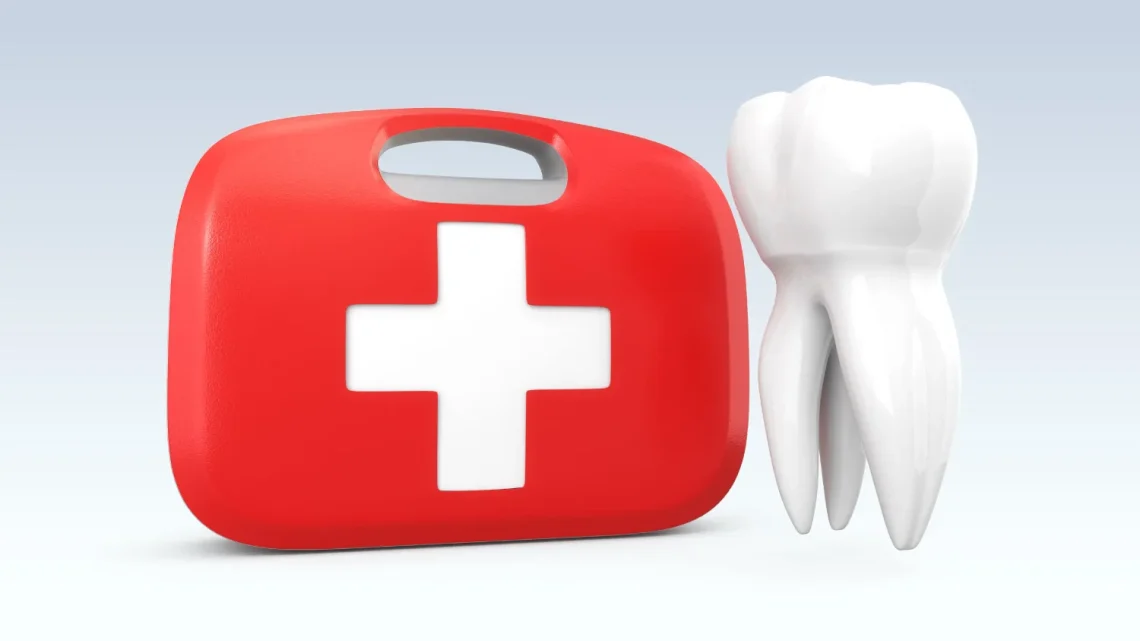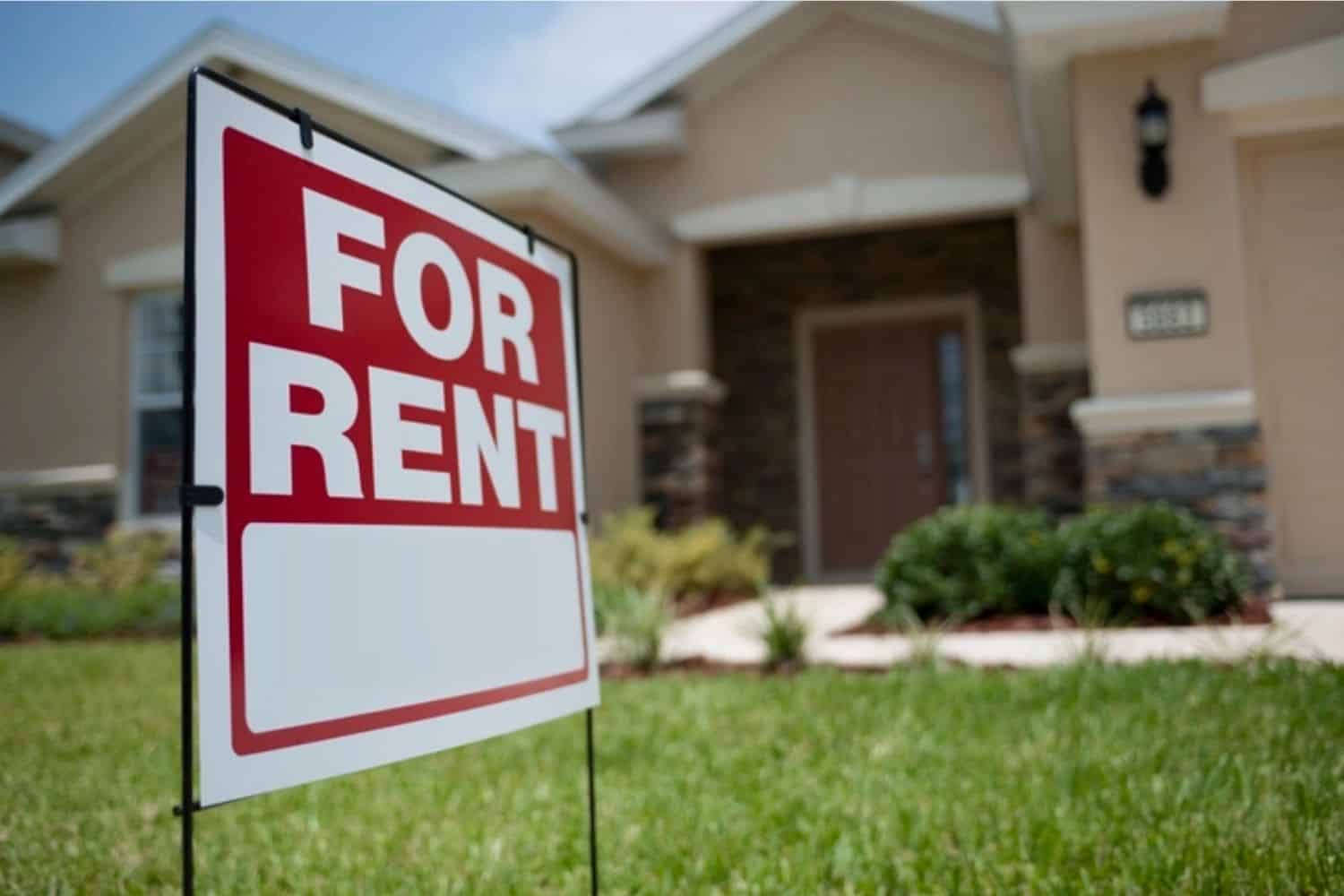
Handling Dental Emergencies While Traveling Abroad
Traveling often brings unexpected joys and experiences, but it can also lead to unforeseen health issues, especially regarding your mouth and teeth. While exploring new destinations, the last thing anyone wants is a sudden discomfort or pain affecting their ability to enjoy the journey. Being prepared for such situations can make a significant difference in addressing these concerns effectively.
Understanding the steps to take when faced with an oral health dilemma while away from home is crucial. Whether it’s a troubling toothache or an injury caused by an accidental fall, knowing how to respond can alleviate stress and potentially prevent further complications. Access to reliable information and resources is invaluable during these moments.
In this article, we will delve into practical advice and key knowledge that will equip you to manage any unexpected oral situation with confidence. By familiarizing yourself with central tips and local resources, you’ll be better prepared to ensure your well-being, allowing you to focus on enjoying your travels to the fullest.
Understanding Common Dental Emergencies
When traveling or living in a foreign land, unexpected situations may arise concerning your oral health. Being knowledgeable about typical occurrences can help ensure swift action and minimize discomfort. Below, we explore prevalent scenarios that may require immediate attention and how to recognize them.
-
Toothache: Persistent pain in your teeth can be a sign of various issues, ranging from cavities to gum problems.
-
Broken or Chipped Tooth: Accidental damage can leave your tooth vulnerable. Immediate care is crucial to prevent further complications.
-
Lost Filling or Crown: Losing dental work may expose the tooth and lead to pain or sensitivity.
-
Knocked-Out Tooth: A dislodged tooth can often be saved if prompt action is taken.
-
Abscess: This type of infection can cause severe pain and swelling, requiring professional care to address the underlying issue.
Recognizing the signs and understanding the urgency of these situations can greatly influence outcomes. Always seek prompt assistance from a qualified professional when faced with any of these conditions.
Preparing for Dental Issues While Traveling
When journeying to new destinations, it is important to anticipate potential challenges that may arise concerning your oral health. Proper preparation can help ensure that you stay comfortable and well-equipped to manage any situation that may come your way.
Prior to Your Trip
-
Schedule a check-up with your dentist to address any existing concerns.
-
Gather essential dental care supplies, including a toothbrush, toothpaste, and floss.
-
Consider carrying a travel-sized kit with pain relief medication and any necessary prescriptions.
-
Research reputable dental clinics in your destination in case of unexpected issues.
During Your Travels
-
Maintain good oral hygiene by brushing and flossing regularly.
-
Avoid consuming overly hard or sticky foods that might cause damage.
-
Keep emergency contact information for local dental professionals readily accessible.
-
If discomfort arises, seek assistance promptly to mitigate further complications.
Finding Reliable Dental Care Abroad
When traveling to new destinations, securing trustworthy oral health services can be a challenge. The unfamiliar environment may lead to uncertainty, but understanding how to identify quality practitioners is crucial for a positive experience.
Researching Healthcare Options
Before embarking on your journey, invest time in researching local healthcare facilities. Use online platforms to read reviews and gather information regarding specialists in the area. Websites that cater to expats or travelers often provide valuable insights and recommendations, enabling you to make informed choices.
Verifying Credentials
Once you have a list of potential providers, it is essential to confirm their qualifications. Look for practitioners who have obtained recognition from reputable organizations. Moreover, do not hesitate to ask about their experience and the technologies they utilize. A knowledgeable professional will be open to discussing their background.
In summary, taking proactive steps to find reliable oral care will ensure that your travels remain enjoyable, with health concerns addressed promptly by capable individuals.
Essential Tools for Travel Oral Health
Maintaining proper oral hygiene while exploring new destinations is crucial for ensuring your overall well-being. When venturing away from home, carrying the right items can significantly enhance your ability to care for your teeth and gums. This section outlines some fundamental supplies that can help you keep your smile bright and healthy during your travels.
Must-Have Items for Your Travel Kit
-
Portable Toothbrush: Opt for a compact, foldable toothbrush that fits easily into your luggage.
-
Travel-Sized Toothpaste: Choose a fluoride toothpaste in a carry-on friendly size to maintain your routine.
-
Floss or Dental Picks: Keep your teeth free from plaque and food particles with portable floss or interdental picks.
-
Mouthwash: A small bottle of antibacterial mouthwash can freshen your breath and support oral hygiene.
-
Chewing Gum: Sugar-free gum can be a handy alternative to help cleanse your mouth when brushing isn’t possible.
Additional Accessories for Optimal Care
-
Teeth Whitening Strips: If you want to maintain a radiant smile, consider packing whitening strips for touch-ups.
-
Medication for Tooth Pain: Safe, over-the-counter pain relief can be beneficial in case of unexpected discomfort.
-
Emergency Dental Kit: A small kit containing temporary filling material, pain relief gel, and other essentials can be invaluable.
Being well-prepared with these fundamental tools contributes to a stress-free and enjoyable travel experience, allowing you to focus on the adventure while keeping your oral health in check.
Communication Tips with Dental Professionals
When seeking assistance from oral care providers in unfamiliar surroundings, effective interaction is crucial for receiving appropriate treatment. Clear communication can ensure that your concerns are understood and addressed in a timely manner.
Here are some strategies to enhance your conversations with practitioners:
-
Learn Key Vocabulary: Familiarize yourself with basic dental terms in the local language, such as “tooth,” “pain,” “treatment,” and “appointment.” This can aid in expressing your needs more clearly.
-
Use Simple Language: When describing your symptoms, avoid complex terminology. Stick to straightforward phrases that accurately depict your discomfort or concerns.
-
Body Language: Non-verbal communication can be very effective. Use gestures to indicate areas of pain or discomfort, helping to convey your situation even without words.
Additionally, consider these practical tips:
-
Bring a Translator App: A translation application on your smartphone can facilitate understanding in case of language barriers.
-
Request Written Instructions: After your consultation, ask for any recommendations or follow-up care to be provided in written form, ensuring you comprehend the instructions clearly.
-
Involve Companions: If you are traveling with someone who speaks the local language, ask for their assistance in communicating with the healthcare provider.
By implementing these strategies, you can improve your interactions and ensure that your oral health needs are effectively met during your travels.
Post-Emergency Care and Follow-Up Actions
After encountering a sudden oral issue, it is crucial to prioritize recovery and monitor your condition. Proper attention to post-incident care can significantly influence healing and prevent complications. This section outlines key strategies to ensure your oral health is restored and maintained after the immediate crisis has been addressed.
Monitoring Symptoms and Care Techniques
Once the initial situation is managed, keep a close eye on your symptoms. Look for any signs of infection, increased discomfort, or swelling. Maintain good oral hygiene, utilizing gentle brushing and antiseptic rinses as recommended by your health provider. Rest and hydration are vital; make sure you are eating soft foods that won’t irritate the affected area.
Follow-Up Appointments
Returning for a follow-up consultation is key to ensure everything is healing properly. Schedule an appointment with a local oral care professional to evaluate your recovery progress. During this visit, be prepared to discuss your symptoms and any concerns. Continuing treatment may involve further procedures or adjustments, depending on the initial findings.
In summary, diligent post-event care and regular check-ups are fundamental in safeguarding your oral well-being after an unexpected situation. Taking these steps can facilitate a smoother recovery and help avert further issues.
Questions and answers: Dental emergency abroad
What should I do if I experience a dental emergency while traveling abroad?
If you experience a dental emergency while traveling abroad, the first step is to stay calm and assess the situation. Determine the severity of the problem. If it’s minor, like a toothache, you might manage it with over-the-counter pain relief. For more serious issues, such as a knocked-out tooth or severe gum infection, seek immediate dental care. Look for local dental clinics or hospitals, and don’t hesitate to ask your hotel staff for recommendations. It’s also advisable to contact your travel insurance provider to understand your coverage for dental emergencies.
How can I find a reliable dentist in a foreign country?
Finding a reliable dentist in a foreign country can be challenging, but there are several strategies you can employ. Start by asking your hotel’s reception for recommendations, as they often have partnerships with local healthcare providers. You can also check online resources such as dental tourism websites or forums where travelers share their experiences. Look for dentists with proper certifications and positive reviews. Additionally, consult your travel insurance provider, as they may have a list of approved dental clinics abroad. Always prioritize clinics that adhere to good hygiene practices and have English-speaking staff if you are not fluent in the local language.
What are some common dental emergencies that travelers might face?
Common dental emergencies that travelers may encounter include toothaches, chipped or broken teeth, knocked-out teeth, and dental abscesses. Toothaches can arise from various causes, including cavities or gum disease, while chipped or broken teeth can occur due to accidents or hard foods. A knocked-out tooth is especially urgent, and immediate action can increase the chances of saving it. Dental abscesses, which are painful infections in the gums or teeth, require quick treatment to prevent serious complications. Recognizing these emergencies and seeking prompt care is crucial for maintaining your dental health while traveling.
What should I keep in my travel first-aid kit for dental emergencies?
When preparing a travel first-aid kit for dental emergencies, consider including essential items such as pain relievers (like ibuprofen or acetaminophen), antiseptic wipes, dental floss, and temporary filling material (available at pharmacies). Having a dental mirror can also be helpful for assessing any issues. In case of a knocked-out tooth, pack a small container with saline solution or milk to preserve the tooth until you reach a dentist. Having your dental insurance information and a list of emergency contacts can also be crucial in managing dental emergencies abroad effectively. Being prepared will reduce stress and help you respond quickly to dental issues while traveling.
What should you do if you experience dental pain while you’re traveling outside the U.S.?
If you experience dental pain while you’re traveling outside the U.S., the first step is to seek treatment from a local dentist or visit a hospital’s emergency room. If you’re staying at a hotel, the concierge can assist in finding emergency dental services. It’s also recommended to apply a cold compress to the affected area and rinse your mouth with warm water to alleviate pain temporarily. Be sure to contact your dental insurance provider to understand your coverage for emergency dental care abroad.
Does a travel insurance policy typically include coverage for emergency dental care?
Many travel insurance policies do include coverage for emergency dental care, but the extent of this coverage can vary. It’s important to review your travel medical plan before your trip to ensure it provides the necessary dental treatment in case of a dental emergency. Some insurance policies may only cover specific situations, such as dental pain caused by an accident, so be sure to understand the details of your insurance plan.
What steps can you take to avoid unexpected dental issues while you’re traveling?
To avoid unexpected dental issues while you’re traveling, it’s crucial to have a check-up with your regular dentist before your trip. This can help identify and address any potential issues, such as tooth decay or loose fillings, that could cause pain later. Additionally, wearing a mouthguard during activities and avoiding hard foods can prevent injury. Carrying a travel medical plan that includes coverage for emergency dental services will also give you peace of mind.
What should you do if you need emergency dental care while you’re away from your home country?
If you need emergency dental care while you’re away from your home country, you should first contact your travel medical insurance provider to confirm coverage for emergency dental treatment. Then, seek a local dentist or visit an emergency room for immediate care. If language barriers or unfamiliarity with the area are concerns, your hotel concierge or the local embassy can help you find appropriate dental services. Keep your insurance information handy to facilitate quick and effective care.
How can a dental association help in case of a serious dental emergency while traveling?
In case of a serious dental emergency while traveling, contacting a local dental association can help you find a reputable emergency dentist quickly. The association can provide a list of qualified professionals who can address your dental needs. It’s also advisable to have a travel medical plan that covers emergency services, ensuring that you can receive the necessary dental treatment without worrying about the financial aspect.








